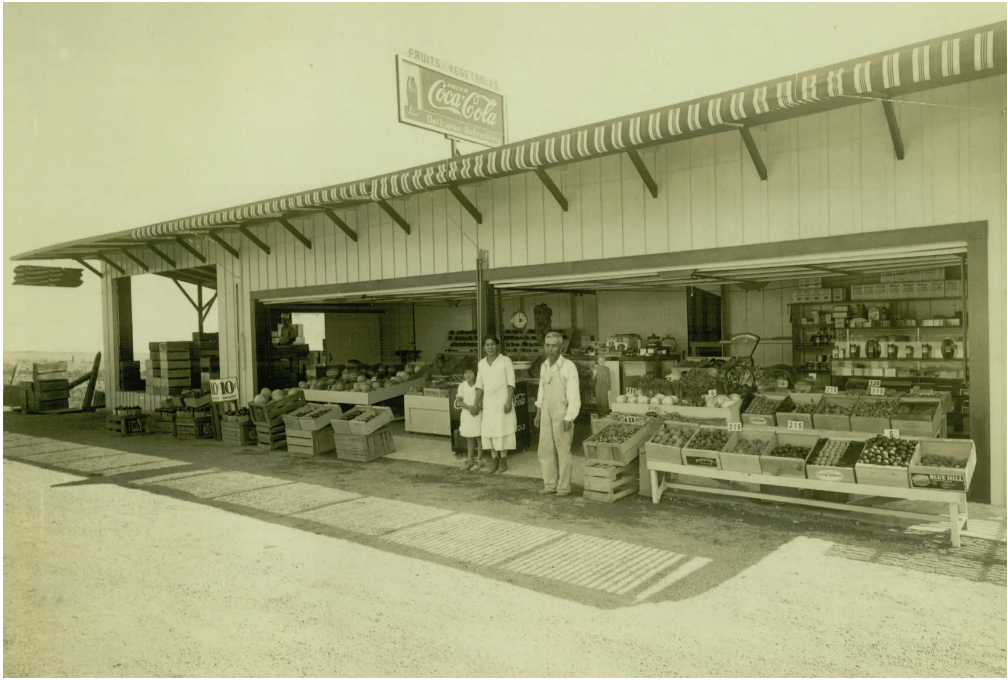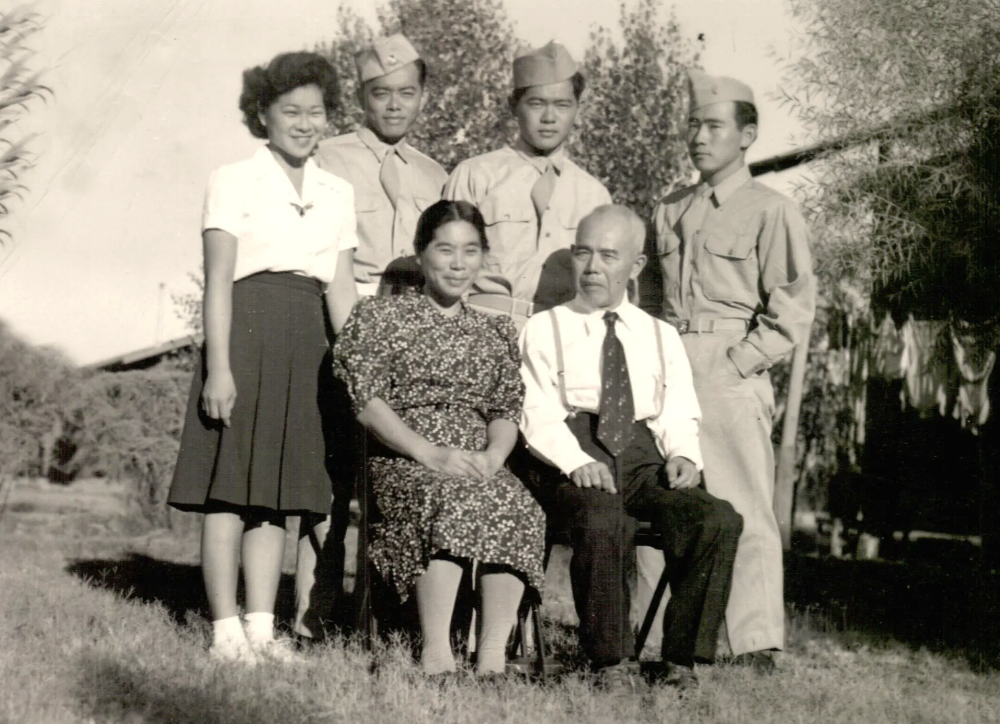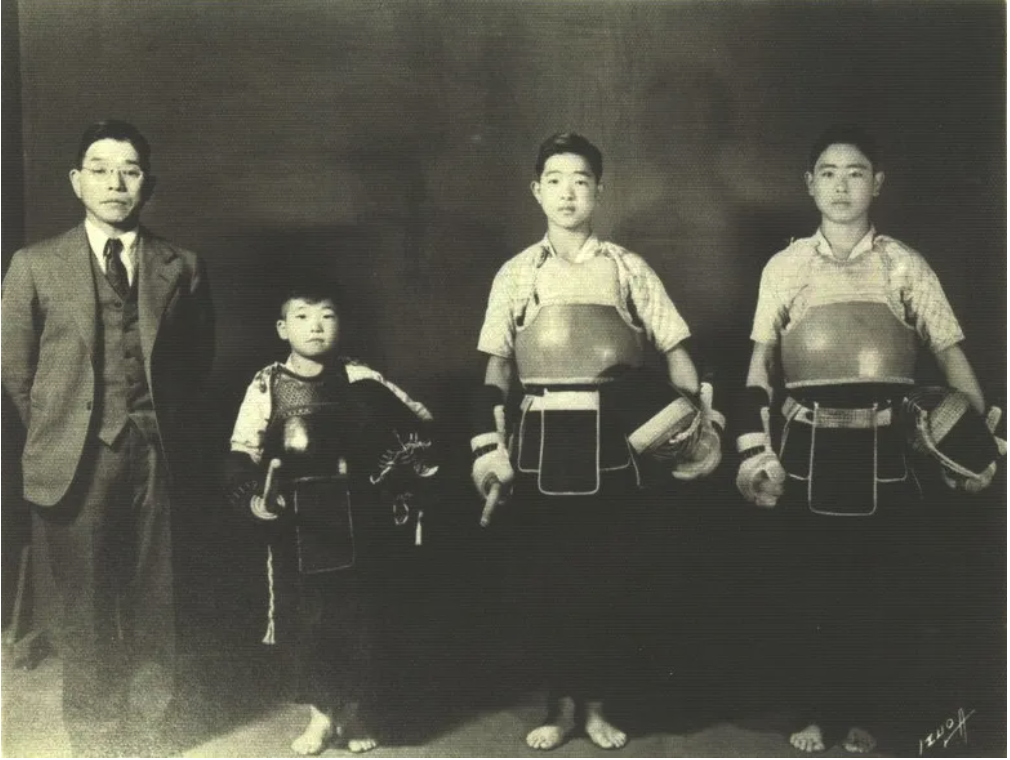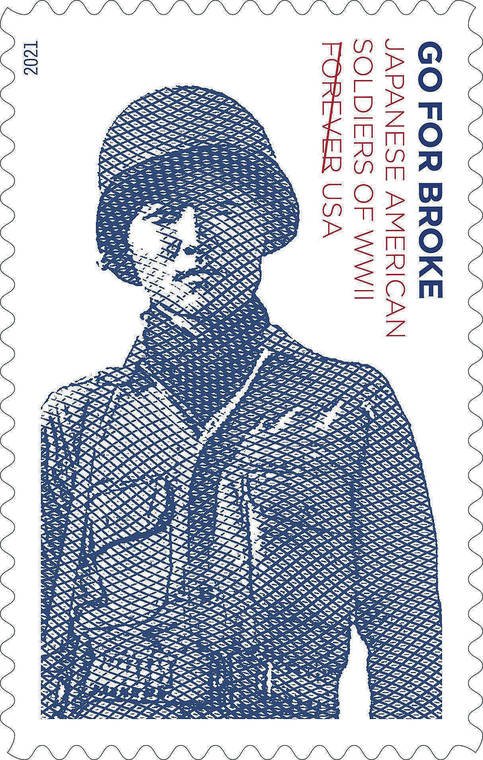Before Crystal Cove, Before PCH, Lived A Japanese American Community…
We often take for granted iconic highways like PCH (Pacific Coast Highway). Enjoying the beaches, ocean views, and salt air, it's easy to just assume it was always this way. But it wasn’t until 1964, that this iconic highway was coined “Pacific Coast Highway” and California State Route 1 in 1964. In fact, PCH as a road didn’t really exist until the late 1920s between Newport Beach and Laguna Beach, and it was bordered on either side of the road by about a dozen Japanese American farms. Several had roadside produce stands, the original “farm-to-table,” selling fresh produce for travelers between Newport Beach and Laguna Beach.
This year, I got to meet two men who lived on those farms back in the 1920s: California natives Don Miyada, 97, and Tak Yamashita, 94. What amazing stories they had to tell about growing up in what Don calls a “chosen area, sort of a gold coast” as children on the farms. Both remember coming to the area in 1927-28, just as the road, now known as PCH, was taking shape.
Many of these Japanese American families farmed what is now known as Crystal Cove State Park until 1942, just after Pearl Harbor was bombed and President Roosevelt signed Executive Order #9066, forcibly removing all Japanese Americans from the west coast.
Farm Stand on Pacific Coast Hwy 1930s,Image via walkthefarm.orgDon remembers his family started growing flowers, but changed to a variety of crops including beans, peas, lima beans, cucumbers and squash. He and his siblings worked hard on the farm as children, weeding the fields, picking the crops, and stringing up the peas and beans. He also remembers days off swimming, fishing, and abalone hunting at Crystal Cove. They also organized a softball team with the other children on the farms.
The Miyadas farmed at Crystal Cove and also on 80 acres that is now where UC Irvine’s campus is. Sadly, they had to leave their home after E.O. #9066 and were taken immediately to Poston, AZ, Camp 1, Block 37 on buses that left from Huntington Beach. This was just a month before Don was to graduate from Newport Harbor Union High School.
Ruth, George, Don, Charles with parents 1944, image via walkthefarm.comServing patriotically despite the injustice his family endured, Don was drafted to serve in the 442nd Regimental Combat Team, and was honored for saving the life of a fellow soldier in the midst of battle. After WWII, Don returned and pursued a doctorate and became a Chemistry professor at UC Irvine, the same land that his family farmed many years before.
Image via walkthefarm.orgTak’s father, Keichi Yamashita, arrived in California in 1907 at age 14, working on farms in Riverside and San Diego before he negotiated a long term lease with James Irvine, founder/owner of the Irvine Ranch, promising to make capital upgrades if he could lease it for farmland. The area had not been farmed before, so improvements included clearing the land of scrub brush, rocks, leveling it out for fields without the help of today’s high horsepower tractors. The Yamashita family farmed crops of celery, cucumber, squash, tomato, and green beans.
Image via walkthefarm.orgTak remembers an “idyllic” childhood, long summer days, and making cars and trucks out of scrap wood. When not working on the farm, he and the other children attended Japanese language school, but they didn’t study, and instead went there to play baseball, football, and read the Sunday “funnies.” The Japanese language school was also the families’ community center and it is a historic building that still exists today at Crystal Cove in the upper Historic Village.
When WWII broke out, they were forced to leave their Crystal Cove farm, and decided to go work inland in Utah and Colorado for farmers looking for workers during the war. After the war, Tak attended college to become an engineer. He was drafted into the Army during the Korean War and got a graduate school degree in computer systems, his career until his 1986 retirement.
When the 442nd commemorative USPS postage stamp was issued in 2021, Don said,
“Citizenship is not a matter of race. It’s not a matter of religion, not a matter of creed. It’s a matter of Americanism. (We) are Americans, just as anybody else.”
Next time you think of, drive by, or visit the trails or beaches of Crystal Cove, I hope you will remember these stories, these families, Don, Tak, and the other families who farmed the area. There is a legacy that’s greater than sunny, fun days at the beach…there’s deep, true American history there!
I salute Don and Tak for their courage, integrity, and their model of citizenship in the midst of adversity and prejudice. They are my American heroes!
Interested in seeing more about the farms that were in this area? Visit Walk the Farm to see a list of all the farms, photos, and more about each family’s history. Both Miyada and Yamashita farms are listed with photos.
On July 14, 2022, I presented with the Crystal Cove Conservancy that includes stories and photos shared by Don Miyada and Tak Yamashita.








